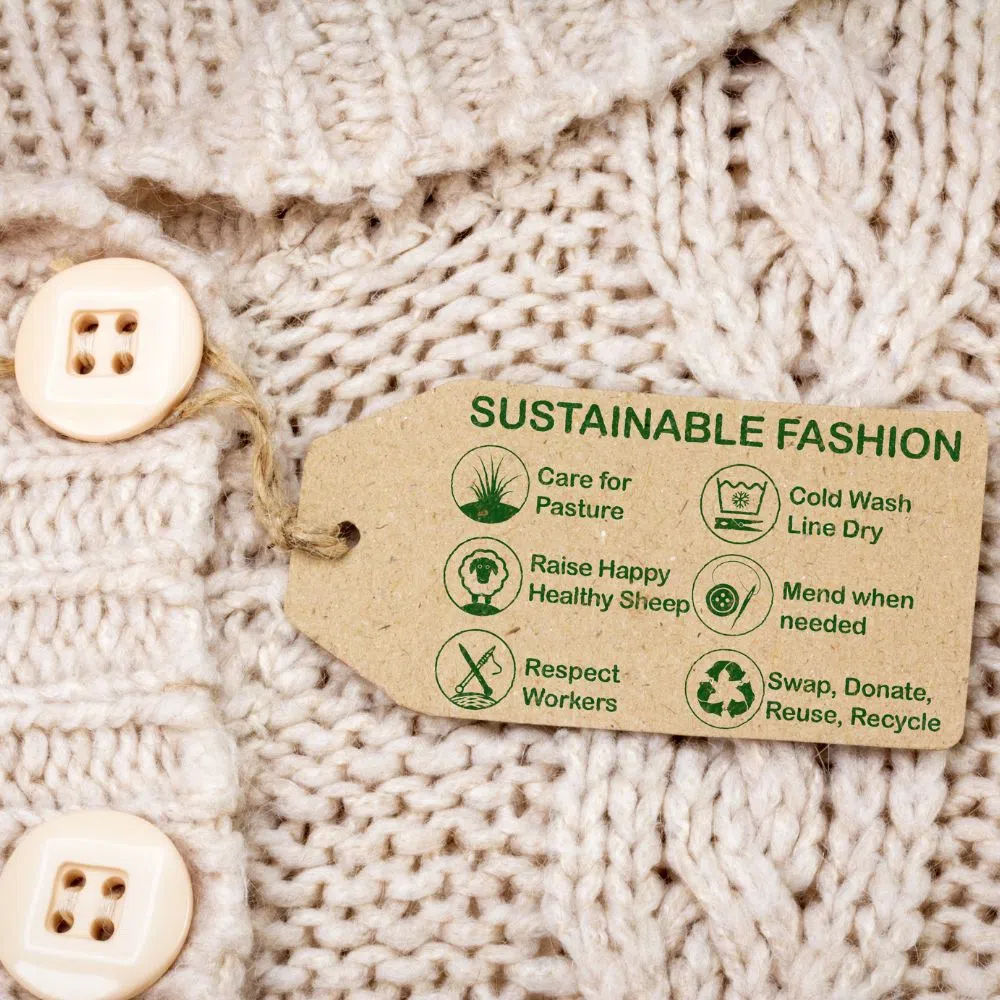The fashion industry is one of the biggest polluters in the world. Many people are becoming more aware of the importance of ethical and environmentally friendly clothing and are looking for ways to reduce their fashion footprint. If you’re considering shopping for eco-friendly clothing, there are a few things you need to keep in mind. We’ll explore what to consider when shopping for eco-friendly clothing.
Sustainable Material
One of the most significant considerations when shopping for eco-friendly clothing is the materials used in making the garment. Organic cotton, hemp, bamboo, and linen are some of the most popular sustainable materials. The key is to look for natural fibers grown without harmful chemicals and pesticides. There has been a growing interest in recycled materials made from plastic bottles and recycled polyester. Look for labels that indicate sustainable material sourcing.
Production Process
Another crucial consideration is the manufacturing process of the clothing. Ethical brands are taking responsibility for their production process by ensuring factories provide workers with safe working conditions and fair wages. Some brands monitor the process from seed to shop and ensure that they minimize environmental impact. You must research brands to see their sustainable credentials.
Recyclability
There’s a difference between eco-friendly and sustainable clothing. Eco-friendly clothes might not be recyclable. Sustainable products contain eco-friendly, recyclable, and durable materials. Look for clothes that have removable components or add-ons and allow for the continued use of the clothing.
Brand Ethics
Learning more about brands to understand their commitment to sustainability principles is essential. Understanding what makes clothes eco-friendly will help you select the right brands. Do they source materials in an environmentally friendly way? Are their production processes ethical? Are they a Fair Trade-certified brand? These are all factors that determine how eco-friendly a brand is. The more you know about their ethics and environmental commitment, the better you can make an informed decision about buying their products.
Personal Impact
Before you make a purchase, ask yourself if this item is essential in your wardrobe collection. Consider reducing your consumption by buying secondhand clothes instead of new ones or learning how to mend or revamp your old clothes. After each purchase, evaluate how the new piece will impact the environment. The priority should be choosing enduring, durable, and high-quality garments.
You should consider the environment first when shopping for clothes. Shopping for eco-friendly clothes and supporting sustainable brands nurtures the environment and reduces the fashion industry’s impact. Be mindful of what you purchase and its impact on the planet.
Knowing the things to consider when choosing sustainable clothing will help you make smart fashion choices. Shopping from ethical, sustainable brands benefits the environment and countless communities around the world. By supporting these brands, you’re making a significant impact in ensuring a green future for generations to come.





Comments